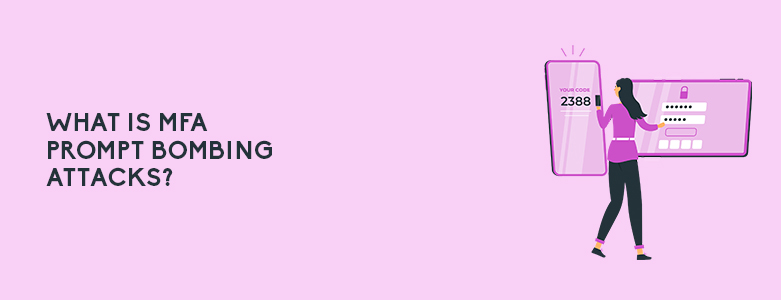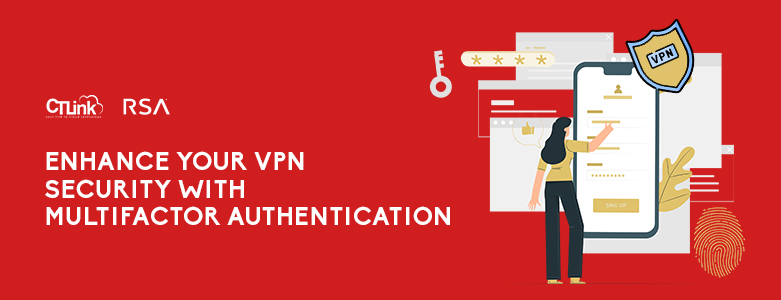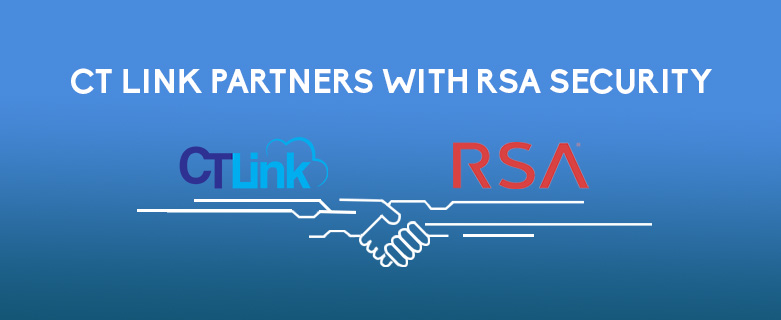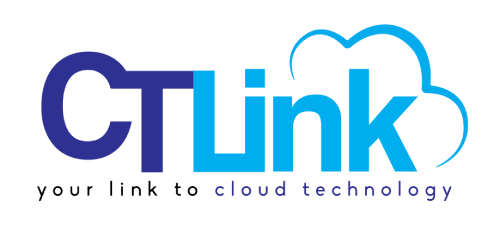What is MFA Prompt Bombing Attacks?

Notifications are now a very common occurrence in our lives. Pop ups for our mobile devices are always being sent to update us and even act as a security measure. This has become so common in fact, that many people stopped paying attention to what notifications pop up. Once it has become a routine, some […]
Enhance your VPN security with RSA’s Multifactor Authentication!

Today, traditional username and password is no longer enough to ensure the security of your network. As users are likely to reuse passwords, credentials are vulnerable to leakage, which become additional potential entry points for threat actors. This is because cyberattacks now indirectly target networks through your users and their devices. In the Philippines where […]
CT Link Partners with RSA Security!

The new year has finally arrived, and we are starting our year by introducing a new solution to help your mobile workforce securely access your corporate data remotely. We are happy to announce that CT Link Systems, Inc. has partnered with RSA Security to better our security portfolio to address the growing concern of identity […]
